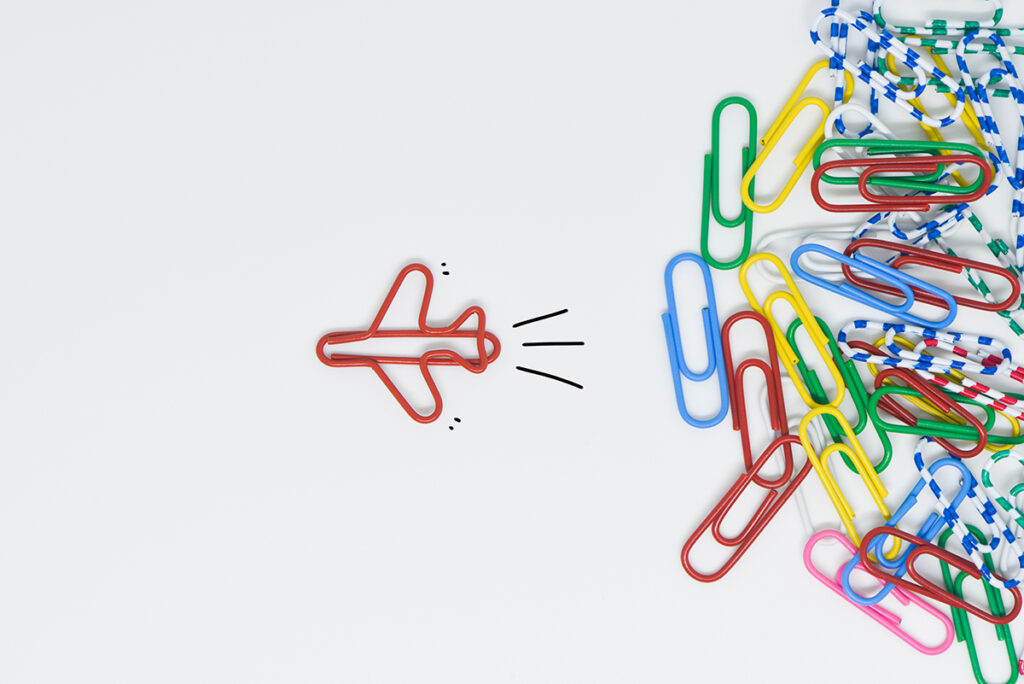I spend a lot of time helping others to focus their attention on the only truly controllable element in their life – themselves. But what about the influence you have on others? In this post, I explain the power you have to give others the permission to prioritise their wellbeing…
Inadequate interventions
Imagine you have just completed a development journey that has resulted in a fundamental shift in your mindset. It has such an impact on you that you’ve now decided you’re going to change your behaviour. Great!
Well, yes, but not if that behaviour isn’t truly replicated or recognised as valuable by the organisation that you work for.
Such as line management training, that only some line managers attend. Or a company-wide commitment to talk to each other instead of relying on emails but only some team members actually pick up the phone. I’m sure you will have your own examples.
This is where I see so many resilience and wellbeing interventions, frustratingly, fall short.
Your impact on others
The reason why, when I deliver resilience and wellbeing programmes for organisations, I focus on equipping people with “controlling what is controllable”, is that they are left with something practical that they have the power to influence.
As a manager of others, a director, colleague or peer – you are someone else’s uncontrollable.
A direct report or colleague in your office cannot control what you do, and visa versa. But you do have the ability to support and validate the choices that others make to prioritise their wellbeing.
Give your permission
The key word, and it is such a nice one, is ‘permission’. You have the power to grant permission to others through your own behaviours.
By making, what is often, a small shift in your own personal decisions, to adopt behaviours that are beneficial to your wellbeing, you are granting permission to others to do the same thing.
For example, reducing the duration of a meeting invite from 60 to 50 minutes with an explanation of the need to ‘transition’ before the next meeting. Or, choosing to pick up the phone rather than sending a long email that will enable better communication and cause both parties to slow down for a moment.
"Your actions, however small, can empower those around you to do the same."
Simon Drane, Head of People Development Tweet
Influencing others
An all too common problem with organisation interventions is when the impact of that initiative stalls when it reaches a certain height of seniority.
When the senior leaders in an organisation make small shifts in their personal decisions but are explicit in communicating that with justification, this is a very powerful way of giving permission to others to also make decisions about whatever behaviour is appropriate for them.
Influence isn’t always connected to seniority. I’ve met many people who are more influential in an organisation than their superior – because others look up to them.
Regardless of your role, don’t forget: you are someone else’s uncontrollable. Your actions have an impact, and if used appropriately you can grant someone else permission to look after themselves through looking after yourself.
This, in my view, is often is far more impactful intervention than a blanket announcement or company-wide decision to change other’s behaviours.

